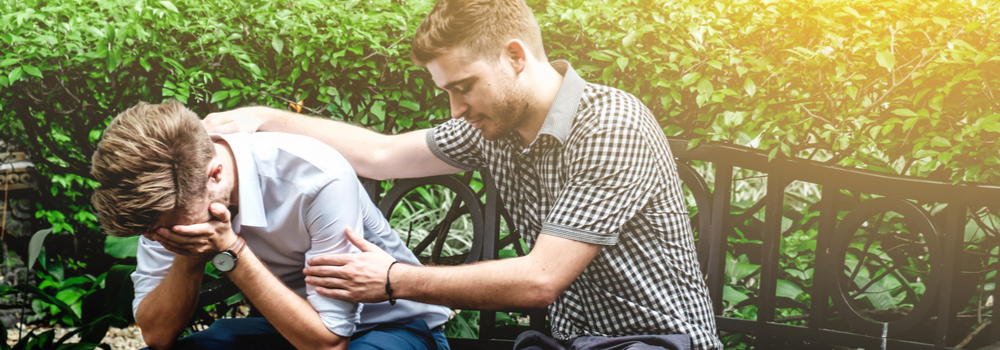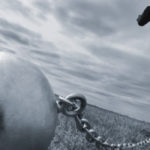Loss is, most unfortunately, a part of life. Men who choose to live in recovery from addiction are exposed to loss more often than most. Overdose is a chronic issue for those who are addicted. In 2016, more than 60,000 men and women died of opioid overdose alone. The loss of life due to addiction becomes part of what men learn to cope with in their recovery from addiction. Like comrades in the battlefield, men in recovery watch some of their brothers fall, but have to continue on their own course of survival. To best support a man in recovery who is dealing with grief and loss, it is necessary to understand how men deal with grief and loss.
Men deal with grief and loss differently than women do. Some of the symptoms men display, according to The Art of Manliness, will not be the same outward symptoms women display. For example men might be more prone toward being:
- Angry
- Irritable
- Withdrawn
- Stuck in their head with ruminating thoughts
- Inclined toward using drugs and alcohol to cope
Men are not taught how to confront their emotions and engage in emotional processes for coping. When men come to treatment for drug and alcohol addiction, they are often learning for the first time how to identify their emotions, as well as learn to embrace them, feel them, accept them, and process them. Coping with grief and loss can be challenging in the early phases of recovery as feelings and emotions are new. To support a man in recovery who is grieving, it is important to offer both emotional based and activity based opportunities. Don’t encourage men to hide away from feelings that are too difficult, but respect men’s need to have some distance from their feelings at times.
Here are some best practices:
- Give men time, space, and permission to go through the grieving process
- Let men know that they are loved and supported
- Encourage men to speak out if they are inspired to engage in harmful behaviors
- Encourage men to reach out to their network and male friends for support
- Show up in support and be there when needed
- Be an available ear for listening during good moments and bad
- Never assume men are “fine” when they say they are just “fine”
- Emphasize that experiencing grief and loss are normal parts of life
- Remind men that they are not alone
You’re never alone on the journey of recovery when you join the brotherhood of Tree House Recovery in Portland, Oregon. Call us today for information on our men’s treatment programs and how we are helping men find freedom from addiction: (503) 850-2474




